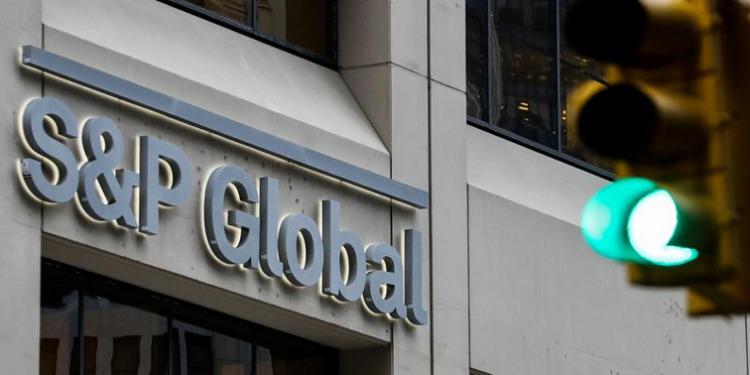
Beirut, Lebanon (Enmaeya News) — S&P Global Ratings upgraded Lebanon’s long-term local currency sovereign credit rating to "CCC" from "CC" on Aug. 15, 2025, while maintaining a stable outlook, reflecting modest improvements amid ongoing challenges in the country’s economy.
The short-term local currency rating was affirmed at "C," and the selective default ("SD/SD") rating on foreign currency obligations remained unchanged.
The upgrade signals S&P’s recognition of Lebanon’s modestly improving capacity to meet local currency debt payments, supported by two consecutive years of fiscal surpluses and progress toward unlocking a new International Monetary Fund (IMF) program.
Despite these advances, major obstacles persist, including weak economic growth, constrained public finances, security risks, and urgent reconstruction needs following recent conflicts.
S&P noted that Lebanon's foreign currency sovereign rating remains at selective default since the government suspended payments on Eurobond obligations in March 2020. The agency said the rating would be reconsidered once Lebanon completes its commercial debt restructuring.
The sharp depreciation of the Lebanese pound—over 98% from 2019 to 2024—has decreased the real value of local currency debt to about 2% of GDP. The government resumed payments on local currency debt owed to the central bank in 2024 and plans to repay accumulated arrears, supporting its creditworthiness for local obligations.
Political progress followed the election of Joseph Aoun as president and Nawaf Salam as prime minister in early 2025, ending a prolonged leadership vacuum and fostering reform momentum. Parliament ratified key banking laws aimed at increasing transparency and restructuring the sector, essential for IMF program approval. However, further legislative steps, notably the Financial Gap Law, remain pending.
Lebanon's economy contracted an estimated 6.5% in 2024 and is forecast to grow modestly by 2.3% annually through 2026. Reconstruction and tourism recovery efforts are expected to gradually bolster the economy.
S&P projects Lebanon’s government debt ratio, currently around 113% of GDP, will decline gradually, aided by improved fiscal balances and exchange rate stabilization. However, the sovereign remains in default on most external debt, with substantive debt restructuring yet to materialize.
The rating outlook remains stable, contingent on continued reform progress and economic stabilization amid Lebanon’s deep-rooted structural challenges.



